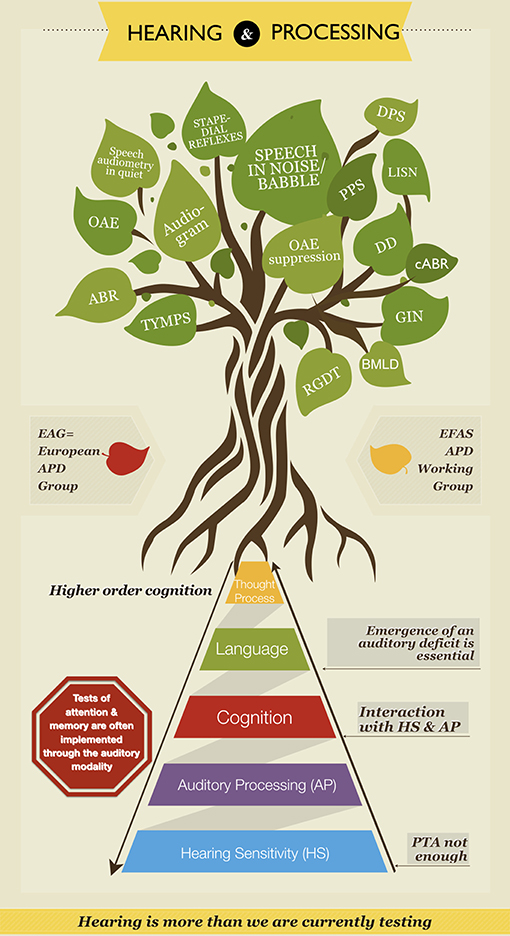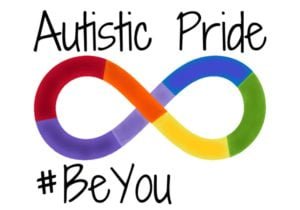

2011) is unjustified in the view of many scientists and clinicians, including the Editorial Board of this Journal. However, the notion that children with listening difficulties 2 have a disorder of central auditory function that may be diagnosed with some arbitrary combination of the commonly used clinical tests for APD ( Emanuel et al. I do not think it is controversial that people with hearing loss or identified brain lesions may have (additional) hearing deficits originating in the central auditory system. But it is Developmental APD, normal audiometry with no other known etiology and presumably present from birth, to which this article is primarily directed. Acquired APD is associated with a known neurological event such as trauma, stroke or infection. Secondary APD was so-called because of its association with a known genetic cause or peripheral hearing impairment. The BSA proposed three types of APD: Secondary APD, Acquired APD and Developmental APD.

2013) that may help define and limit what it is I object to. Numerous international audiology societies have published their own guidelines on APD, but I would like to cite one part of the British Society of Audiology guidelines ( BSA 2011 2018 Moore et al.

James Jerger has a very readable chapter on the history of APD in a book that was influential on my thinking, ‘ Controversies in Central Auditory Processing Disorder’ ( Cacace & McFarland 2009). Long before that, Myklebust (1954) had observed that some children with apparently normal hearing sensitivity “cannot listen … they cannot direct their attention selectively to an unexpected sound”. Robert Keith, recently retired from the University of Cincinnati, has been in the field longer than most and he first heard it in 1973, used by Jack Willeford at an ASHA meeting.

It isn’t clear when the term APD was first used. Briefly, the new policy is that “articles that either implicitly or explicitly assume APD is a single diagnostic characteristic of the auditory system likely will not be considered for publication”. After consultation with and encouragement from our Editorial Board, I thus prepared this article that is endorsed by the whole Board and that will become journal editorial policy, effective immediately for new submissions. So the bigger question I began to ask is whether and how Ear and Hearing and other academic journals should be handling work submitted on ‘APD’. 2014), that are firmly grounded in psychoacoustics. 2018), or by specific difficulties, for example hearing speech in noise ( DeBonis 2015) or spatial hearing ( Cameron et al. In contrast to the ‘consensus on CAPD’ ( ASHA 20) cited by the authors of the above submission, it has been increasingly argued recently that most if not all cases of childhood ‘APD’ are either better characterized by more commonly recognized learning disorders, especially language disorder ( de Wit et al. I know of no other area of audiology or neuroscience where such a long-standing intellectual, theoretical and practical impasse exists. What most caught my attention was that 2 of 3 reviewers questioned the premise of whether an earlier diagnosis of APD will ultimately prove useful since the status of APD is so controversial (Reviewer 1) or difficult to verify (Reviewer 2). A recent submission to Ear and Hearing on early diagnosis of APD 1 ended up on my desk after three expert reviewers and another member of our Editorial Board provided a highly detailed critique of the paper.


 0 kommentar(er)
0 kommentar(er)
